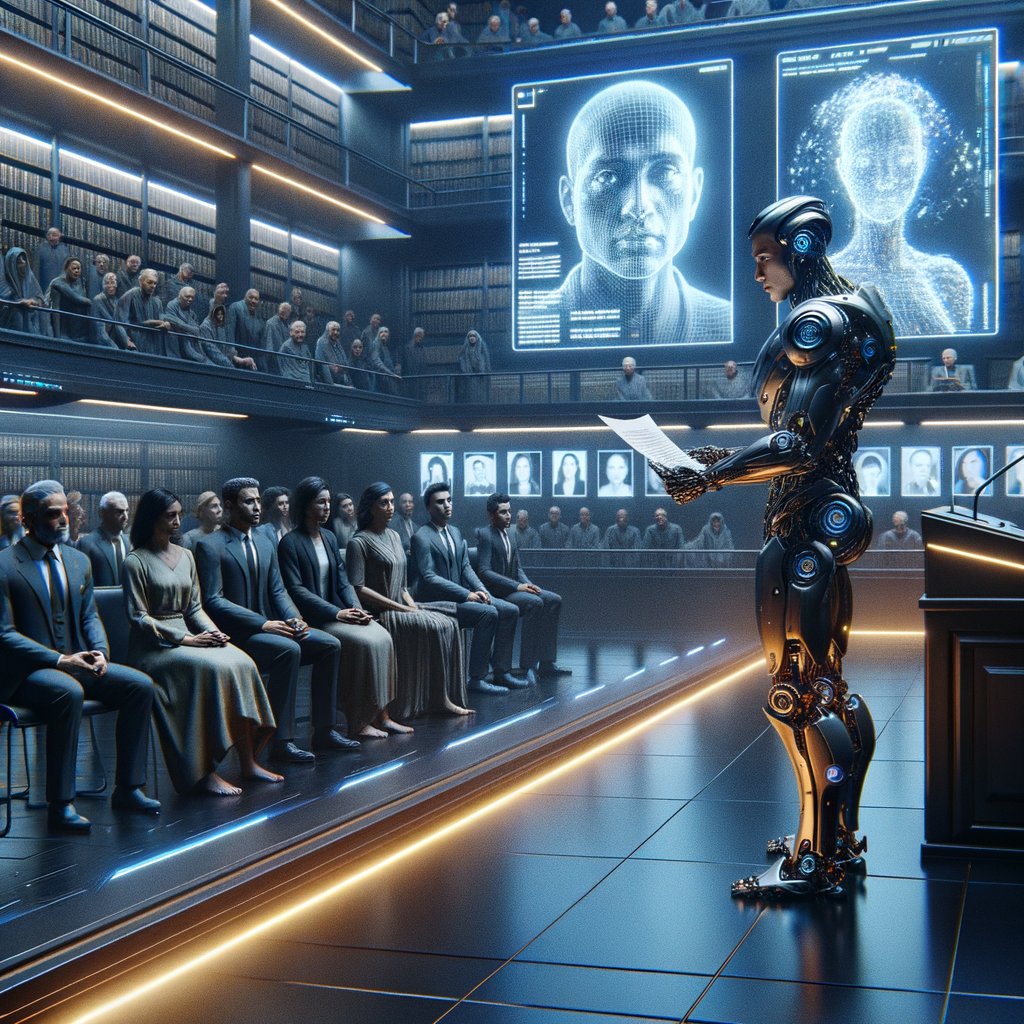Image created by AI
Decades Later: Apartheid-Era Families Challenge Ramaphosa and Officials in Historic Court Battle for Justice
In a poignant resurgence of the lingering wounds left by apartheid, a group of bereaved families has instituted a landmark legal challenge against the highest echelons of the South African government. This formidable legal action targets President Cyril Ramaphosa among other senior officials, catalyzed by grievous allegations of suppressed investigations and unresolved injustices pertaining to over 400 apartheid-era cases.
At the helm of this legal challenge is journalist Lukhanyo Calata, a figure deeply entrenched in the struggle’s history as the son of Fort Calata, one of the Cradock Four tragically murdered in 1985 under suspicious circumstances. Despite subsequent inquiries and the Truth and Reconciliation Commission's (TRC) efforts, justice remains elusive, with the implicated parties yet unaccountable for their actions.
The foundation of the lawsuit is an explosive affidavit demanding action against government inertia that has, for decades, shelved TRC-referred cases, leaving countless victims and their families in agonizing limbo. The applicants accuse President Ramaphosa of breaching his constitutional duties by failing to commission an inquiry into these obstructions despite continual appeals from various societal sectors over the past five years. This silence, they argue, reflects broader governmental indifference towards apartheid-era injustices still clamoring for resolution.
Legal representation for these families claims a staggering R167-million in constitutional damages, signifying the profound moral and emotional toll exacted on the victims’ kin. Yet, this battle transcends mere monetary compensation. These funds, if awarded, are intended for the formation of an independent trust dedicated to truth, justice, and the commemoration of the lives forcibly silenced during apartheid.
This trust aims not only to monitor ongoing investigations and prosecutions but also to engage in public education and remembering initiatives, thereby embedding the lessons of the past into the national consciousness. The plaintiffs hope this will deter future political interference in the judicial processes and uphold the rule of law in a post-apartheid society still grappling with its segregated history.
Accompanying the plea for financial redress is a demand for the immediate establishment of a commission of inquiry—mandated to unearth the extent, reasons, and agents behind the persistent stifling of TRC cases. Such an inquiry, they argue, is essential not just for accountability but also for restoring faith in South Africa’s commitment to justice and reconciliation. This legal appeal starkly encapsulates the broader frustrations and unresolved grievances that continue to haunt many South Africans, decades after the apartheid regime’s demise.
The poignant narrative shared by Calata, colored by personal losses during the oppressive era and compounded by post-apartheid governmental neglect, foregrounds a broader national struggle against political amnesia and justice deferred. As this case unfolds, it promises to be a seminal moment in South Africa’s ongoing reckoning with its apartheid past, one that could potentially reshape its judicial landscape and finally offer some semblance of closure to those wronged during one of the darkest chapters in its history.










